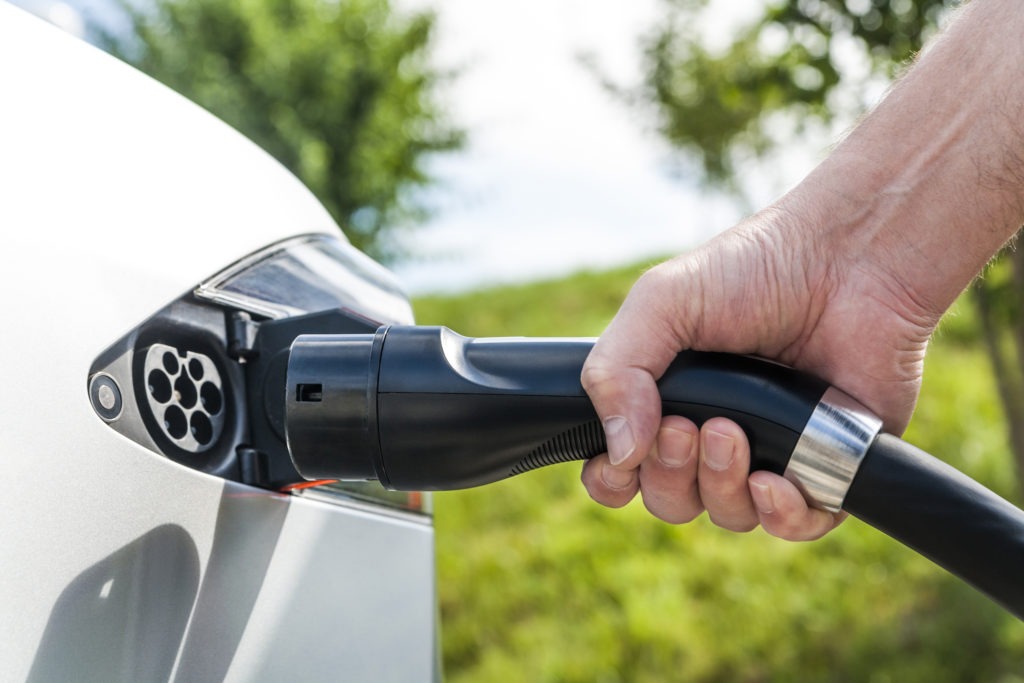VW boss Muller suggests German diesel subsidies should be spent encouraging EV uptake
12 December 2017

12 December 2017
As the company looks to move forward from the Dieselgate scandal and invest in electric vehicles, Volkswagen (VW) boss Matthias Muller has suggested that the German government should rethink its subsidies for diesel purchases.
The manufacturer has announced it is to invest up to €70 billion in the design and production of new electric vehicles (EVs) by 2025 as it aims to position itself as a leader in the technology. Despite depending on diesel vehicle sales over a number of years as the technology took a leading position globally, the emissions scandal of 2015 has seen the company shift its position as it looks to rebuild its reputation.
Speaking to the Handelsblatt newspaper, Muller suggested that the German subsidy for diesel technology would be better spent on directing people to electric vehicles. ′If the transition to environmentally friendly electric cars is to succeed, the diesel internal combustion engine cannot be subsidised like before,’ he told the newspaper, referring to the lower taxes drivers pay for diesel fuel compared with petrol. ′The money could be more meaningfully invested in the promotion of environmentally friendly drive technologies.’
According to analysts, the tax subsidy costs the government around €8 billion a year, although sales of vehicles powered by the technology have fallen since the announcement of the emissions scandal. Also, the UK and French governments have announced the banning of sales of diesel as well as petrol-only vehicles by 2040, while cities in Germany, including Stuttgart, Cologne and Munich are looking at banning diesel cars from entering the city. The situation is so bad, a special summit was called in August, with the outcome being a recall of 5.3 million vehicles and the setting up of some manufacturer-backed scrappage schemes.
Therefore, the comments could be seen as a reflection of the position the automotive market finds itself in. However, Muller’s suggestion could also be seen as a way of boosting sales of the manufacturer’s upcoming EV line, by getting the government to switch the subsidy at a time when VW is investing heavily in the technology.
However, since the comments were made, the German government has rejected the idea. Speaking to Reuters, spokesman Steffen Seibert said: ′The federal government currently has no plans to change the diesel taxation.’
Economic politician Thomas Bareiß is also not enthusiastic about the idea. ′Instead of giving wise advice to politicians, Mr Muller would rather focus on developing clean cars,’ he told Handelsblatt.
Germany is dependent on diesel, as a leader in the technology, with the country’s automotive industry one of its biggest employers. With EV technology still at an early stage, the government is keen to keep a status quo for the time being. Senior VW officials have suggested Muller’s comments support a phased transition, and that the company is not suggesting the end of the diesel market is nigh.